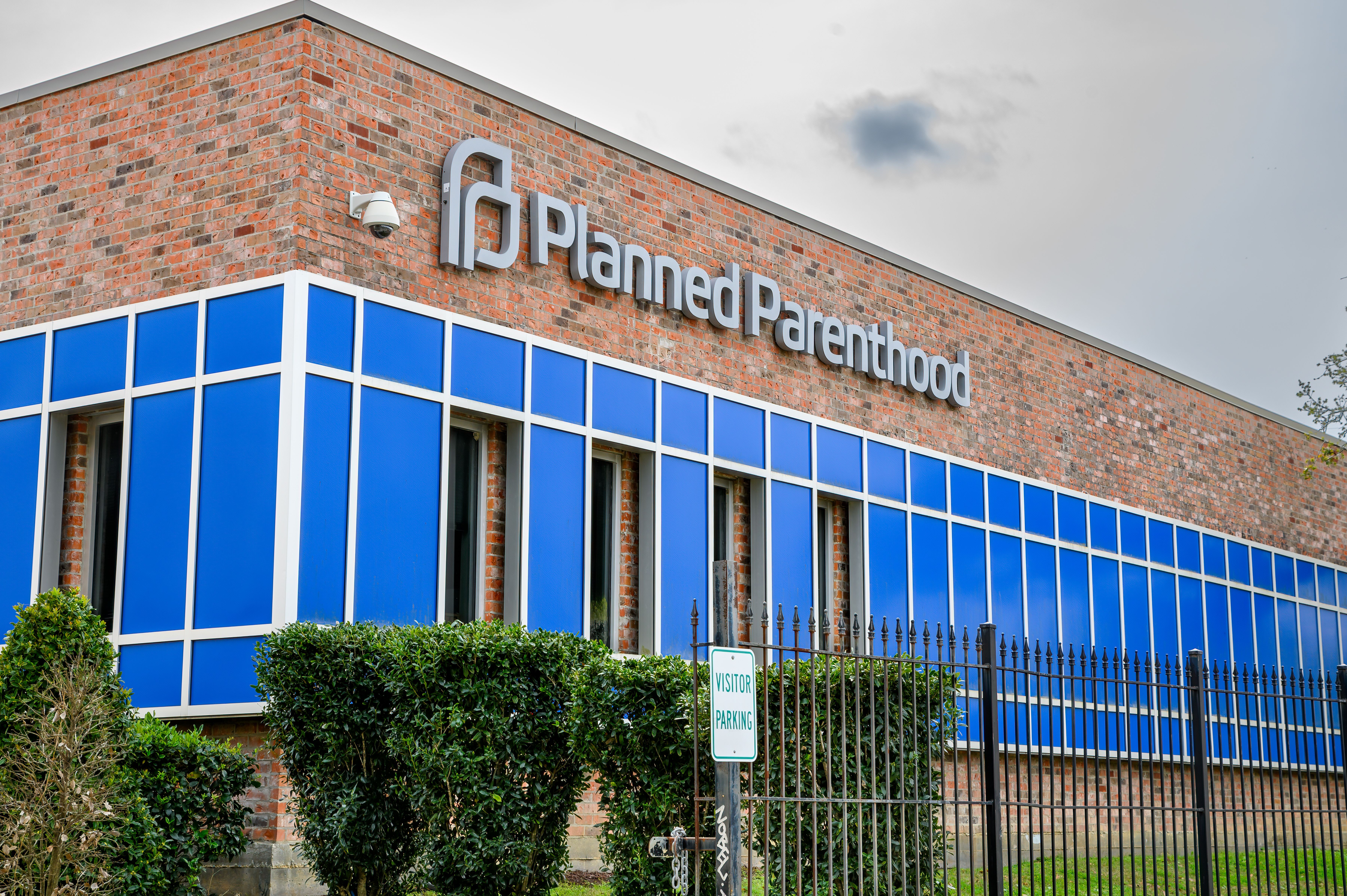- Center on Health Equity & Access
- Clinical
- Health Care Cost
- Health Care Delivery
- Insurance
- Policy
- Technology
- Value-Based Care
SCOTUS Rules Abortion Clinics Can Not Challenge South Carolina’s Medicaid Order
South Carolina had previously barred abortion clinics, including Planned Parenthood, from participating in Medicaid, leaving many patients vulnerable to uncovered treatment.
South Carolina’s ban on abortion clinics participating in Medicaid will stand as the Supreme Court rules 6-3 in Medina v. Planned Parenthood South Atlantic,1 deciding that abortion clinics, including Planned Parenthood, had no right to challenge the orders of Governor Henry McMaster of South Carolina. The orders, enacted in 2018, disallowed abortion clinics and Planned Parenthood from participating in Medicaid, which could leave patients vulnerable when it comes to getting treatment at Planned Parenthood.
The Supreme Court of the United States (SCOTUS) had heard the oral arguments on April 2, where the judges attempted to decide whether specific words must be used in the Medicaid law that Planned Parenthood relies on to indicate that there was a private right to enforce the law.2 Planned Parenthood, along with Julie Edwards, a Medicaid patient from South Carolina, argued that the order from McMaster violated the patient's right to seek health care from any qualified provider. McMaster claimed that, because funds from Medicaid could go into any form of care, the funds would indirectly be used for abortions. The 4th Circuit had previously ruled in favor of Planned Parenthood and Edwards, but the SCOTUS decision overrules this decision.
States across the country can disallow Medicaid funds from going to Planned Parenthood with this SCOTUS decision | Image credit: William A. Morgan - stock.adobe.com

The Supreme Court decision will allow for South Carolina to bar funds to Planned Parenthood, not only for abortion services but also all other services not related to abortion that are provided by Planned Parenthood, including cancer screenings and birth control.3 This ruling also allows for other states to bar this funding, effectively allowing for nationwide funding cuts to Planned Parenthood.
Supreme Court Justice Neill Gorsuch wrote the opinion on the case, stating that Medicaid offers the states a bargain where the states agree to the conditions that Congress imposes, declaring that "should a State fail to comply substantially with those conditions, the Secretary of Health and Human Services can withhold some or all of its federal Medicaid funding."1 Justice Kentaji Brown Jackson dissented along with Justices Sonia Sotomayor and Elena Kagan, writing that "South Carolina asks [the Supreme Court] to hollow out [the Civil Rights Act of 1871] so that the State can evade liability for violating the rights of its Medicaid recipients to choose their own doctors."
Although Planned Parenthood has come under fire by Governor McMaster, the clinic does not solely perform abortions under its roof. According to its website, Planned Parenthood provides testing for sexually transmitted diseases, gender-affirming care, vaccines, contraception, HIV services, and mental health services.4 A KFF Health Tracking Poll found that 32% of women and 11% of men in the US had gone to a clinic for care, including nearly half of Black women polled.5 People on Medicaid also used the services consistently, with 4 in 10 individuals on Medicaid receiving services from Planned Parenthood.
The Supreme Court decision puts Planned Parenthood, along with its numerous health services, at risk. Should the clinics lose Medicaid funding, it would exacerbate funding difficulties, as Planned Parenthood had previously closed 34 clinics throughout the country.3 Should Planned Parenthood also lose federal funding, many patients who rely on the services provided by Planned Parenthood could be left without alternative methods of receiving care. Closures of Planned Parenthood in Illinois, New York, and Michigan also point to limiting means of abortion in states that have legal abortion.6
The remaining 6 decisions from the 2024-2025 Supreme Court session will be announced tomorrow before the Supreme Court breaks for the summer.
References
1. Medina, director, South Carolina Department of Health and Human Services v. Planned Parenthood South Atlantic et al. Supreme Court of the United States. June 26, 2025. Accessed June 26, 2025. https://www.supremecourt.gov/opinions/24pdf/23-1275_e2pg.pdf
2. Howe A. Supreme Court hears dispute over South Carolina’s bid to defund Planned Parenthood. SCOTUSblog. April 2, 2025. Accessed June 26, 2025. https://www.scotusblog.com/2025/04/supreme-court-hears-dispute-over-south-carolinas-bid-to-defund-planned-parenthood/
3. Totenberg N. Supreme Court upholds South Carolina’s ban on Medicaid funds for Planned Parenthood. NPR. June 26, 2025. Accessed June 26, 2025. https://www.npr.org/2025/06/26/nx-s1-5435021/scotus-planned-parenthood
4. Our services. Planned Parenthood. Accessed June 26, 2025. https://www.plannedparenthood.org/get-care/our-services
5. Frederiksen B, Ranji U, Salganicoff A. Major federal and state funding cuts facing Planned Parenthood. KFF. May 15, 2025. Accessed June 26, 2025. https://www.kff.org/womens-health-policy/issue-brief/major-federal-and-state-funding-cuts-facing-planned-parenthood/
